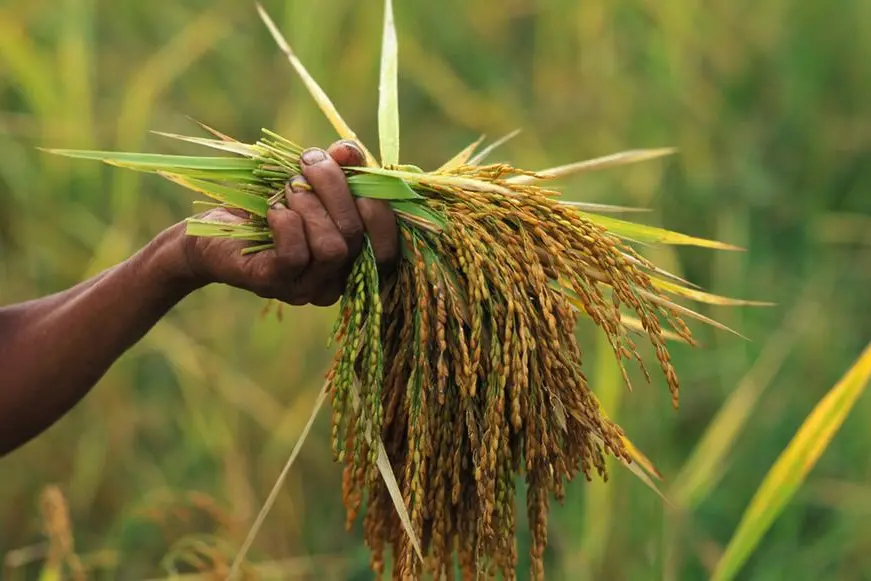PHOTO
Industry players are seeking the deferment of the implementation of the tariff cut on rice imports to provide the local sector ample time to prepare for the impact of the economic measure.
'We urge the government to reconsider deferring the implementation of Executive Order (EO) 62, which reduces rice tariffs from 35 percent to 15 percent,' the Philippine Rice Industry Stakeholders Movement (Prism) said in a recent statement.
'This deferment is essential to provide local farmers and stakeholders sufficient time to adjust and prepare for the economic impact,' the group added.
Prism is a group composed of various stakeholders across the rice value chain from seed growers, farmers, millers to traders, importers and retailers.
The rice tariff cut would take effect 15 days after its publication in the Official Gazette last June 20.
The group listed various recommendations to President Marcos regarding the tariff measure as a result of its forum last Thursday, a day before the Chief Executive formalized the rice tariff cut through the issuance of EO 62.
First, they are seeking the proper implementation of support programs to farmers that include subsidies, financial assistance and training to help local producers improve their productivity and competitiveness in light of reduced tariff protection.
Furthermore, the tariff reduction, a difference of 20 percentage points, must be gradual and should be done in tranches to cushion its economic impact to local farmers, according to Prism.
This, the group added, would also allow for a 'smoother' transition toward an 'educated' import decision by traders that is based on the prevailing supply and demand situation of the country.
The industry group also put forward the establishment of a 'robust' monitoring mechanism to track the impact of the tariff reduction on rice prices as well as local production. Pundits have earlier noted that palay prices would drop between P3 and P4 per kilogram while retail rice prices could fall by as much as P7 per kilogram because of the tariff cut.
Prism also called for higher public investments in agricultural research and development that could improve farmers' yield and reduce production costs as well as in critical infrastructure improvements like irrigation and post-harvest facilities.
The group urged the government to keep an 'open' communication and consultation with industry stakeholders to 'assess the impact of tariff changes and adjust policies accordingly.'
The government should also promote the consumption of locally-produced rice instead of imported grains to domestic consumers, the group added.
Copyright © 2022 PhilSTAR Daily, Inc Provided by SyndiGate Media Inc. (Syndigate.info).





















